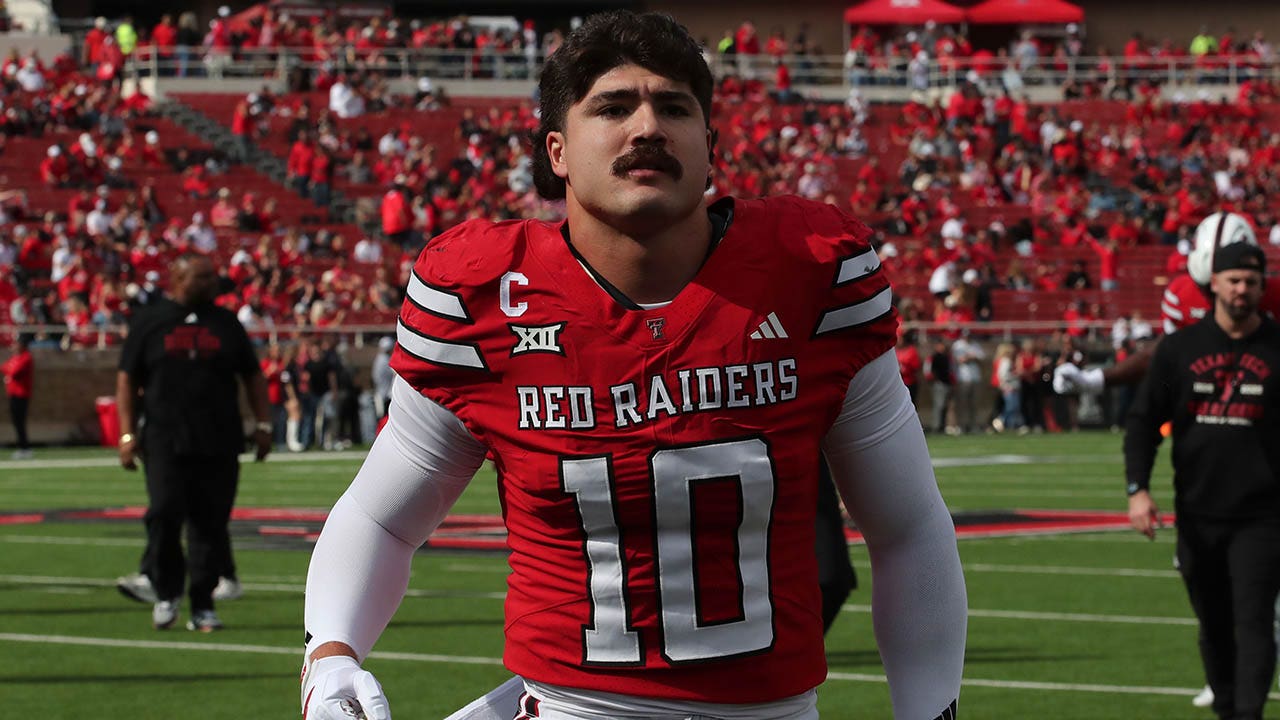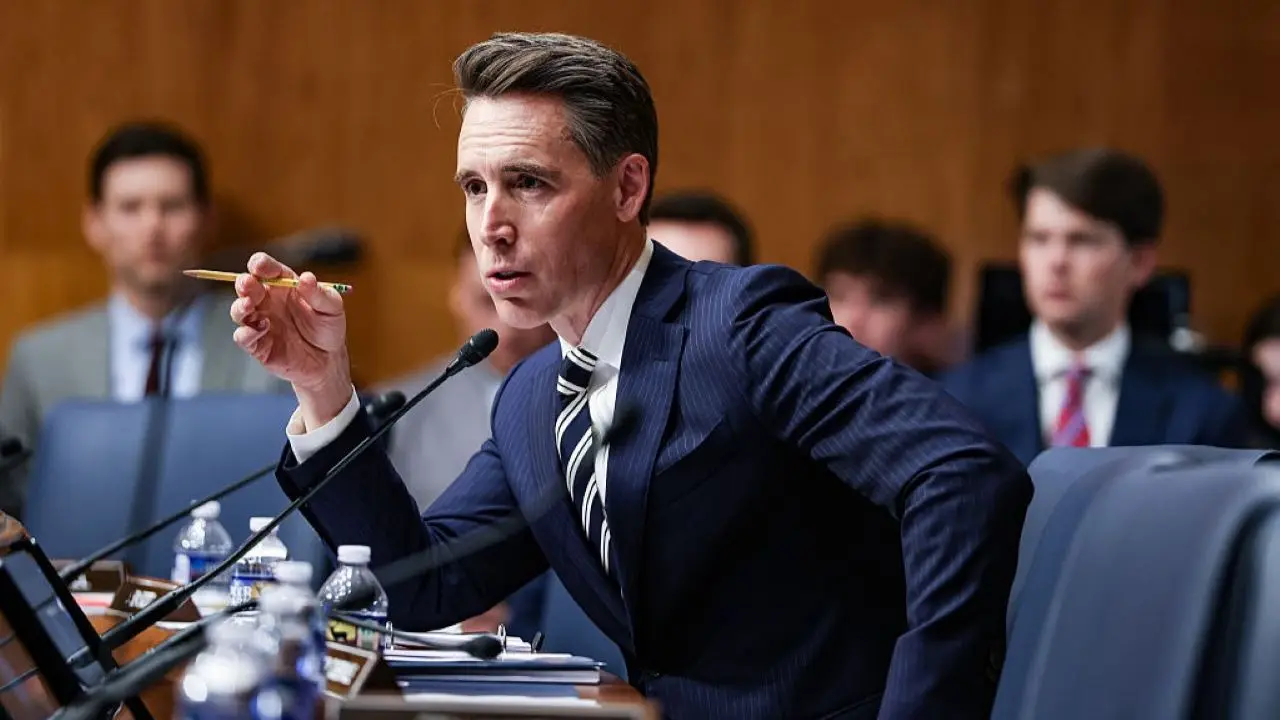There should be no second acts in the lives of rock bands. The first act invariably ends in deflation and recrimination. The second act is premeditated where the first was spontaneous. It measures success by its receipts, not its music. Most acts get robbed blind the first time round, so we should not begrudge the big payback. Nor are we obliged to attend the overpriced revels or listen to the albums. It is understandable that a man in possession of a mansion by the age of 30 should need a hobby. But it is obvious that George Harrison should have settled for a long and rewarding retirement of meditation and cocaine, rather than inflict the karmic deficit of his solo albums on a vulnerable public.
“I have seen and greatly enjoyed the first act of everything Wagner created, but the effect on me has always been so powerful that one act was quite sufficient; after two acts I have gone away physically exhausted,” Mark Twain wrote in his autobiography. Paul McCartney is the exception that proves the rule. McCartney is one of the very few rockers who, had they been born a generation earlier, could have cut it as a Tin Pan Alley songwriter. He reinvented the electric bass as a rock instrument by adapting James Jamerson’s running Motown style, which Jamerson had adapted from jazz. McCartney is the only rock musician to possess the Stevie Wonderful gift of playing every instrument and making them all sound like him. He can write in any genre. His songs have more hooks than a fishing fleet. And he can whoop like Little Richard.
McCartney was 22 years old when he wrote “Yesterday” in 1964. He was 24 when the Beatles and George Martin invented the modern studio sound on Revolver. He was 27 when the Beatles broke up in the dying days of 1969. The Beatles are credited with destroying the old model of the music business by writing their own songs, but Tin Pan Alley survived the revolution and is still going. Apart from the double-A single “Get Back” and “Don’t Bring Me Down,” the hits of 1969 included two movie songs, Alan and Marilyn Bergman’s lyric for the Michel Legrand tune “What Are You Doing the Rest of Your Life?” and Bacharach and David’s “Raindrops Keep Fallin’ on My Head” (which beat the Bergmans and Legrand for Best Original Song at the Oscars).
What else could McCartney do with the rest of his life? Wings is the oral history of how McCartney took flight from the Beatles in order to beat the band. As the brotherhood of the Beatles came apart, McCartney jumped clear of the wreckage with his new wife Linda Eastman, their daughter Mary, and his stepdaughter Heather. In 1966, McCartney had bought a 183-acre Scottish sheep farm on the advice of his financial advisers. High Park, on the Kintyre peninsula of Argyllshire, was windswept, dilapidated, and hidden down a long and winding road.
“My only plan is to grow up,” McCartney told the press. Far from the madding crowd of fans and lawyers, it was just like starting over. McCartney planted a vegetable patch. He learned how to mix, pour, and set the concrete for a new kitchen floor. Having taken woodwork at school, he designed and built a kitchen table. He adapted a “big galvanized tub” that he found in an outhouse where “the farmers had cleaned the milking machinery” and turned it into a bath.
“Lieben und arbeiten,” Freud advised, “Love and work.” McCartney still hoped that Lennon would “come around and say, ‘All right, lads, I’m ready to go back to work,’” but he had to get back to where he belonged. After “feeling sorry for myself for a little while,” he “decided with Linda that we would try” to “start from the ground up, and not try and come back in with some kind of supergroup.” They were living like hippies, but McCartney was thinking like Douglas MacArthur. He intended to return and conquer.
Macca shipped a four-track Studer recorder up to High Farm, plugged his microphones straight into it, and started recording. The resulting album, McCartney, had harmonies by Linda. Her cover photograph showed McCartney with the infant Mary tucked inside his bomber jacket. McCartney still sounds great. From sketches like “That Would Be Something Great” to the big number “Maybe I’m Amazed,” everything feels airy and honest.
Meet the solo Paul who never traveled alone. While Linda’s father, the lawyer Lee Eastman, sued the other three Beatles to spring Paul from their contract with the corrupt Allen Klein, the McCartneys went to New York City to find a band. The drummer, Denny Seiwell, was the son of Tommy Dorsey’s drummer and played a Ringo-style Ludwig kit. The guitarists, David Spinozza and Hugh McCracken, were also session players.
The RAM album has another homespun cover—McCartney shearing a sheep—but the recording sessions were in New York City and Los Angeles, and the production is as smooth as a glass coffee table. The critics loved Lennon’s solo debut, Plastic Ono Band (1970), but hated McCartney’s new music. Rolling Stone called RAM “the nadir in the decomposition of sixties rock so far” and “monumentally irrelevant.” New Musical Express called it “an excursion into almost unrelieved tedium,” containing “not one worthwhile or lasting piece of music.”
Fifty-odd years on, the similarities between RAM and Plastic Ono Band are more striking than the differences. Both albums pick up where The White Album left off. McCartney’s opening three tracks, “Too Many People,” “3 Legs,” and “Ram On,” even sound like Lennon parodies. Other tracks sound like late-Beatle McCartney parodies, especially the medley “Uncle Albert, Admiral Halsey” and the Swing-era spoof “Dear Boy,” which were arranged by George Martin.
“What’s he doing, getting his old lady in the band?” Mick Jagger asked. Linda knew so little about music that the keys on her Moog were marked with colored stickers so she would know which note to play. Her singing voice wasn’t as comically offensive as Yoko’s, but she couldn’t hold a note. Paul says he wanted her to be with him because he didn’t want to be alone. “Having Linda in the band was really a tough one,” he muses.
It was more than tough for Linda. The contempt of the critics and the rage of the fans must have been hellish. It was tough for the listeners, too. If it was tough for Paul, was that because he wanted it that way? Did he add Linda’s lack of musical talent to the series of obstacles that he set himself as he rebuilt his career in the 1970s? He took the spotlight and slotted her into the role he had played when Lennon sang the lead: the almost girlish alto counterpoint to the big man. Just as Paul’s previous other half would get shot while Paul survived, it was Linda who caught the worst of the abuse from the critics and fans.
The RAM band led to the next stage of McCartney’s campaign. Retaining Seiwell on drums, he hired Denny Laine, who had written and sung the Moody Blues’ early hits and whose name sounds like a McCartney tune, and launched Wings. Their first album, Wild Life, was a set of studio jams recorded quickly at Abbey Road. Most of the tracks feel spontaneous, but all overstay their welcome.
McCartney followed this with three singles that pretty much defined Wings’ span: the protest song “Give Ireland Back to the Irish,” the nursery rhyme “Mary Had a Little Lamb,” and a vacuously stoned rocker, “High High High.” The BBC banned the first and third of these because of McCartney’s attitudes to politics and drugs. It should have banned the second for crimes against music.
In early 1972, McCartney hired an Irish showband guitarist, Henry McCullough, and got into the van with the band, his children, their pets, and, it must be assumed, a small bale of marijuana. It is admirable that McCartney wanted to reconnect with live playing. It was smart to stay a step ahead of the media by turning up at provincial British universities and asking to play that night. But there is something of Marie Antoinette and Le Petit Trianon about the “University Tour”: the deliberate discomfort of the van, the ritual consumption of fish and chips, the sharing out of 50-pence pieces among the band, the milking of ordinary people for the normality that McCartney sought.
McCartney was playing again, but he was playing at making it. For the next step, a warm-up tour of Europe, he bought an old open-topped bus. He installed a playpen for the kids on the top deck and some mattresses for the zonked adults. The bus’s top speed was 38 mph. To make some of the gigs, a fleet of BMWs had to be sent to fetch the band. With Wings ready to go up a gear, McCartney felt able to stop acting like an amateur. The next album, 1973’s Red Rose Speedway, was highly professional and is consequently unlistenable. But a commission for a James Bond theme song produced “Live and Let Die.”
“They sent me the Ian Fleming novel. … I read it on Saturday and I wrote the song on Sunday,” McCartney recalls. “He’s got the whole song knocked out in ten, fifteen minutes,” adds Denny Seiwell. The band recorded “Live and Let Die” at Abbey Road on a weekend break from Red Rose Speedway, with George Martin adding the chase-sequence orchestration.
Dustin Hoffman tells a similar story about “Picasso’s Last Words (Drink to Me)”, on the Band on the Run album. Hoffman was shooting Papillon in Jamaica and was invited to meet McCartney, who said he was there to “research this new music, reggae.” As Hoffman told McCartney how Picasso had worked to the end, McCartney started strumming and singing the song.
These stories are studies not just in musical talent, but also in the psychology of competition. Wings is full of tales about how McCartney reconciled music and family life, but it took pressure from John Lennon, George Martin, Cubby Broccoli, and Dustin Hoffman to push his songwriting into top gear. McCartney was so good at his job that he could phone it in and be merely excellent. As Wings take off with the next two studio albums, Band on the Run (1973) and Venus and Mars (1975) and their increasingly lavish tours, the juggernaut sounds joyless. The guitarists and drummers come and go with Spinal Tap-like regularity. The songwriting is efficient. The production is asphyxiant. Paul sings of love but has no mercy.
What does it matter to you, When you’ve got a job to do? You’ve got to do it well. In 1976, 10 years after the Beatles last tour, McCartney was ready to give the public what they wanted on his own terms. Wings toured the stadiums of America, and McCartney finally added Beatles’ tunes to his performances. A mid-tour studio album, Wings at the Speed of Sound, and a live triple album, Wings Over America, capture the delirium and triumphalism of Wings at cruising altitude. Neither is worth listening to.
Nor is the soundtrack of Wings’ long descent worth the trouble. London Town (1978) is lifeless. Back to the Egg is not quite as bad as Rolling Stone said (“the sorriest grab bag of dreck in recent memory”), but the Moog music is tepid. Even McCartney was now bored. Once he had proved that he could get back to the “toppermost of the poppermost” under his own power, he ran out of steam. Wings died between McCartney’s marijuana bust in Japan in January 1980 and the murder of John Lennon in December of that same year.
Like “Mull of Kintyre,” Wings is a calculated mixture of candor and manipulation. The editor, Ted Widmer, arranges the voices in symphony not polyphony. Everyone agrees with everyone else that everything was great all of the time. A backing chorus of nepo babies sing a lullaby of approbation. Sean Ono Lennon testifies that John and Paul always loved one another, that John listened to all of Paul’s solo albums and, with the wisdom of the séance, that they would have recorded together if Lennon had lived. Stella McCartney insists that Linda invented modern fashion. But McCartney’s other daughters Heather and Mary are largely absent, and his son James is wholly silent.
The iron tenderness of McCartney’s songwriting steers the airbrush. In 2001, McCartney told Mojo magazine that he had addressed “Dear Boy” and its lyric “I guess you never knew what you had missed” to Linda’s ex-husband: “I never told him that,” McCartney said, “which was lucky, because he’s since committed suicide.” In Wings, McCartney adds that the ex-husband was “a very nice guy called Mel” but subtracts the bit about suicide. Nor do we learn why David Spinozza and Hugh McCracken turned down McCartney’s invitation to join Wings. Perhaps the explanation lies in Henry McCullough’s recollection that splitting the money equally on the University Tour “meant I made more on that than when I became a fully fledged member.” Cool, man. Ice-cold, even.
Imagine, as John Lennon might have said, Sir Paul’s “Liverpool Oratorio” conducted by Nurse Ratched. This forced march of amiability is the keynote of McCartney’s music, so this account of his second act is true in that regard. It is why also, as the 19th-century humorist Edgar Wilson Nye said of Wagner, McCartney’s post-Beatles music is “better than it sounds.”
Wings the band was the sound of the musical Thermidor that followed the rock revolution. Wings the book is interesting not because of Wings’ music, but despite it. The vagaries of hippie passive aggression and the orchestration of stoned memories cannot fully mask the strategies by which McCartney built and launched his vehicle for reconquering the world and recovering the life he had lost. McCartney could clock in and out and write “silly love songs” by the yard, but the emotional core of his artistry remained his love for John Lennon and their mutual competition. That, Wings makes clear, is what drove him back to the stage, powered the rise of Wings and, after Lennon’s murder, forced McCartney into a third act. You’ve got to do it well, the nicest man in pop explained on “Live and Let Die.” You’ve got to give the other fella hell.
Wings: The Story of a Band on the Run
by Paul McCartney
Liveright, 576 pp., $40
Dominic Green is a Wall Street Journal contributor and a fellow of the Royal Historical Society.
Read the full article here









